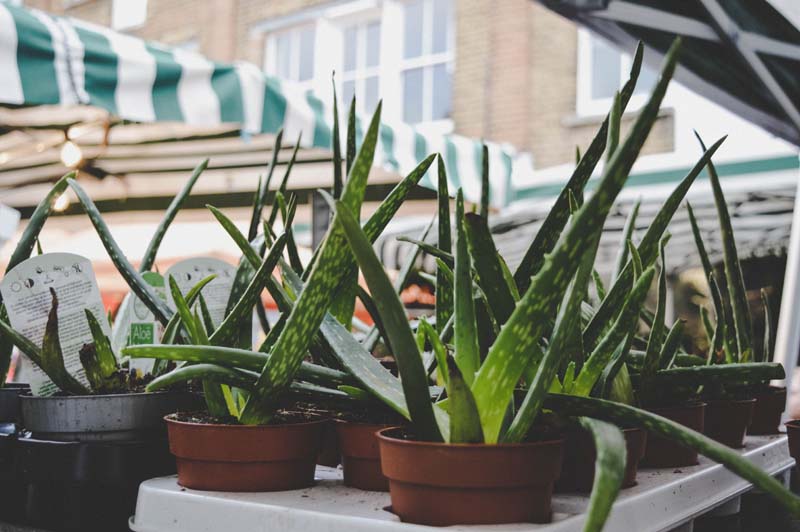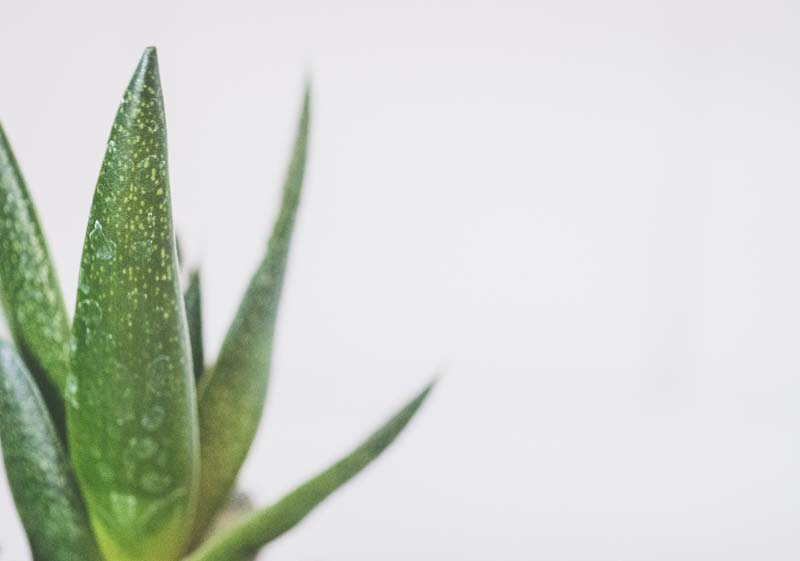Table of Contents
Can you compost aloe vera?
Can you compost aloe vera? Composting is a popular way to reduce waste and provide nourishment for soil in gardens and other green spaces. Many people compost a variety of organic materials, including fruit and vegetable scraps, coffee grounds, and yard waste. However, some materials may not be suitable for composting, or may require special considerations. One such material that may be of interest to composters is aloe vera.
Aloe vera is a succulent plant with long, fleshy leaves that are often used for medicinal and cosmetic purposes. The gel inside the leaves is widely believed to have healing properties, and it is often used to treat burns, cuts, and other skin irritations. Aloe vera is also popular in the production of health supplements, cosmetics, and other personal care products.
So, can you compost aloe vera? The short answer is yes, you can compost aloe vera. However, there are a few things to consider before adding aloe vera to your compost pile.
One consideration is that aloe vera is a slow decomposer. This means that it may take longer for the aloe vera to break down in the compost pile than other materials, such as fruit and vegetable scraps or yard waste. This could lead to an imbalance in the compost pile, as the slower-decomposing materials may not break down at the same rate as the faster-decomposing materials. This could lead to anaerobic conditions (lack of oxygen) in the pile, which can result in a foul smell and the production of harmful gases.
To avoid these problems, it is important to properly balance the compost pile by adding a variety of materials that decompose at different rates. This will help ensure that the pile has a good mix of “green” materials (such as fruit and vegetable scraps) and “brown” materials (such as leaves and branches). The green materials provide nitrogen, which is an important nutrient for plant growth, while the brown materials provide carbon, which helps to balance the nitrogen and provides structure for the compost pile.
In addition to balancing the compost pile, it is also important to properly care for the compost pile to ensure that it is properly aerated and moist. This will help to promote the decomposition of the materials in the pile and prevent anaerobic conditions from developing.
Another consideration when composting aloe vera is that it contains saponins, which are a group of chemical compounds that have soap-like properties. Saponins are known to have antibacterial and antiviral properties, which may make them beneficial for use in medicinal and personal care products. However, saponins can also be toxic to some plants, and they may interfere with the growth of plants when present in high concentrations.
While the presence of saponins in aloe vera may be beneficial for some purposes, it is important to consider the potential effects on the plants that will be grown in the compost. If you are planning to use the compost on food crops, it is important to ensure that the aloe vera is fully decomposed before using it on the plants. This will help to reduce the risk of toxic saponins affecting the growth of the plants.
Overall, it is possible to compost aloe vera, but it is important to consider the factors discussed above and take the necessary precautions to ensure that the compost is balanced and properly cared for. By following these guidelines, you can successfully compost aloe vera and use it to nourish your soil and promote the growth of healthy plants.

Additional reading – composting and aloe vera
Here are some helpful resources on the subject of composting that you might find useful:
- The USDA’s Natural Resources Conservation Service (NRCS) provides a wealth of information on composting, including how to build and maintain a compost pile, what materials can and can’t be composted, and troubleshooting tips.
- The Environmental Protection Agency (EPA) has a web page dedicated to composting that provides information on the benefits of composting, how to start a compost pile, and how to use compost in the garden.
- The Composting Council Research and Education Foundation (CCREF) is a nonprofit organization that promotes composting education and research. Its website provides information on how to start and maintain a compost pile, and features case studies of commercial and community composting programs.
